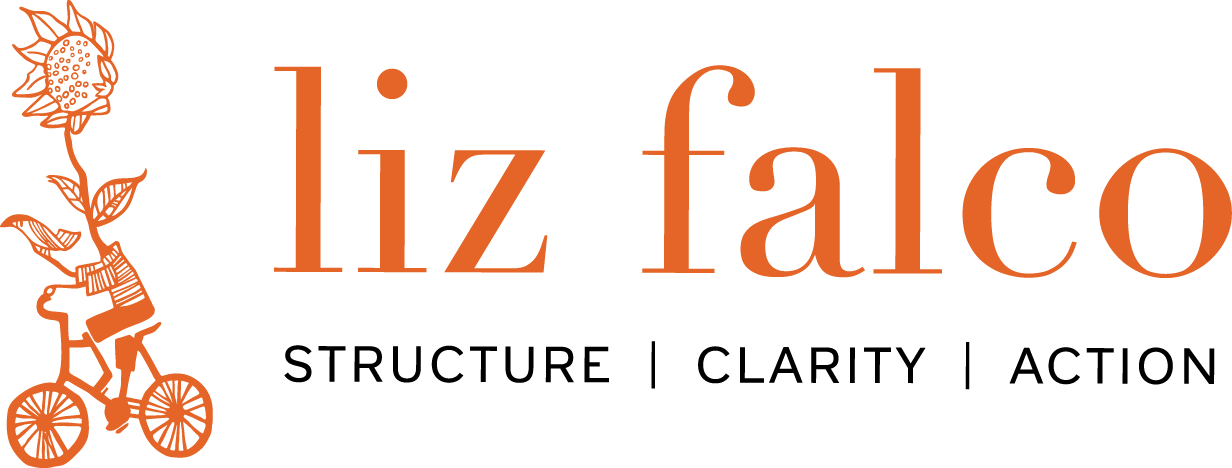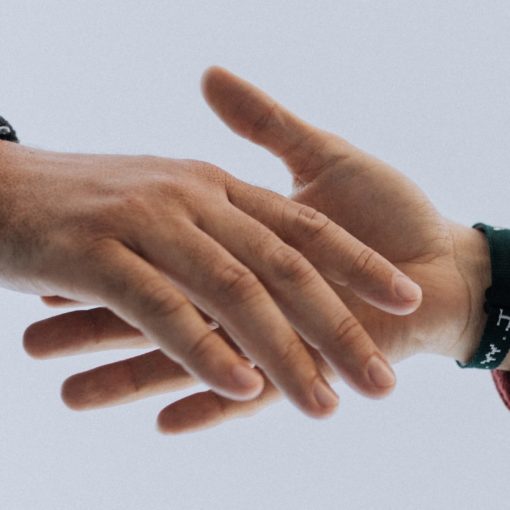
I’ve been talking about the The Big Three since I started my career as a physical and health educator 30 years ago. And the notion of The Big 3 still comes up at some point with most of my current clients – whether I’m career coaching or advising an educational leader. In fact, in my Dream Day exercise, where clients create a flow map of their Dream Day, the Big Three always come up.
What are the Big Three? – Sleep, Healthy Eating & Exercise
No surprise, really. We know that without attention to these three, our decision-making, our ability to handle the ups and downs of life and our general well-being are less than optimal.
We’ve all been there – we’ve had a series of days (or weeks/months!) when we haven’t eaten enough fruits and veggies; or we’ve been sitting in meetings (or watching Netflix!) for prolonged periods and not made time for even a walk; or our sleep has been interrupted for a range of reasons. We can feel on edge, lack clarity in our thinking, compromise our relationships and start to feel less confident about ourselves.

So, in the Dream Day exercise, I always look to see if my clients have incorporated the Big Three. If not, we have a discussion about their power and I provide them with resources that might support and inspire them:
- Sleep – My MBA classmate Val called sleep the ‘ultimate weapon’ – we can accomplish almost anything with a good sleep! There is a lot written about good sleep hygiene. As a start, I often share this article with my clients from Sleepwell, Dalhousie University: 10 Tips for Better Sleep
- Healthy Eating – There’s so much out there on nutrition and so many fad diets and in some cases, dangerous misinformation. I like to refer to the New Canadian Food Guide (released Jan 2019). I also suggest this video Healthy Eating 101. Finally, I follow McGill’s Office for Science and Society – they help separate ‘sense from nonsense’ in anything scientific, including nutrition! Have a college student in your life? Try The Healthy College Cookbook. I bought it for my stepdaughter and she’s tried and enjoyed several of the recipes which are healthy, tasty and budget-conscious!
- Exercise – Whether you are in first year university, just started your career, or an established CEO, it’s sometimes hard to find time for exercise, especially when you’re tired or stressed – which of course is when you need it the most! Thirty minutes per day is all we’re looking for – and being active in the outdoors is ideal. Regular exercise can change your life. My favourite video for inspiration is Dr. Michael Evans’ 23 and ½ hours. Keep it simple and find something that you truly enjoy doing to complement the stuff that is more grinding – ie. go for a weekly hike, find a gym buddy, take a dance class (or dance in your kitchen!), try a new sport that requires no experience (ultimate frisbee or pickleball are good options) or go to yoga or Tai Chi in the park! Variety helps maintain motivation. Be sure to schedule your exercise first, before you put anything else in your weekly schedule!
So what’s the plus 3?

While I always emphasize the Big Three, I also like to talk about the plus 3 – those are the other behaviours that can affect our general well-being and are inspired by Dr. (Senator) Stan Kutcher’s 5 foundations of mental health as well as the University of British Columbia’s list – The Thrive 5
4. Positive social relationships -Humans are social beings. Especially when we don’t particularly feel like it, socializing with others has benefits, even for those of us who are introverts. It can give us a sense of purpose and gets us out of our own heads. If you work from home, or are in between jobs, it’s especially important to have a weekly goal of scheduling 2-3 opportunities to get together with a friend, family member or someone in your network.
5. Helping Others – Whether it be through small gestures or larger actions, helping others can help our own sense of well-being. Volunteer, take time out to help a neighbour, carry a fellow shopper’s groceries to their car, take care of a pet or a plant – all of these small actions can bolster our sense of self and wellbeing.
6. Mindful Screen Time – Teenagers and adults alike struggle with the addictive nature of the screen. Being mindful of screen time and coming up with a system to get away from it, will help you focus on the Big Three! PLEASE watch and share this video from Mount Royal University CampusWell – it provides do-able tips that can make a difference for all of us. I also recommend using the pomodoro method to minimize distractions and keep focused on a specific task – indeed, it helped me write this blog post!
Interested in learning more about my career coaching services and other reflection activities like the Dream Day exercise? Considering a coaching gift for a recent grad, friend in career transition or educator? Contact me or schedule a complimentary consultation.




